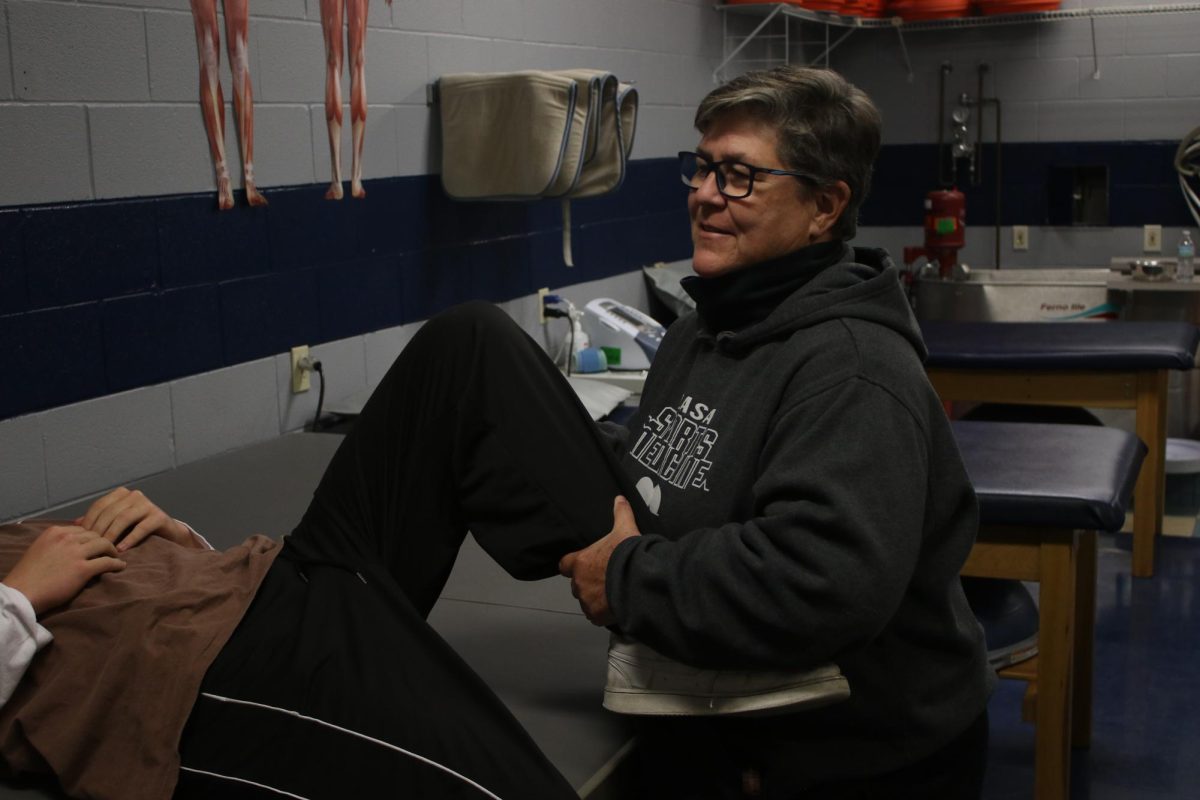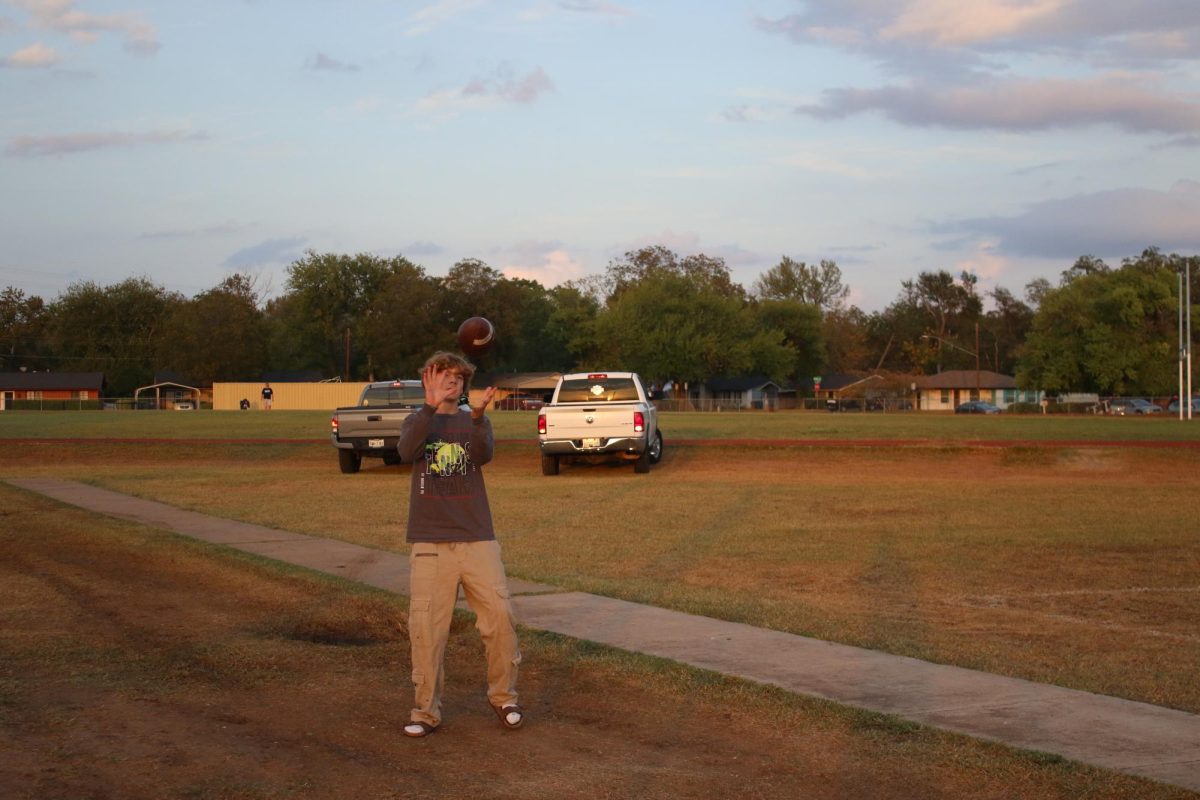Sports betting has garnered increasing attention for the mental health threats associated with it. The National Football League (NFL), a league that has been at the center of many sports betting controversies, has been called out for corporate greed and controversial partnerships. Sports betting, or sports gambling, is the practice of wagering money or prizes based on the outcome of a sporting event.
Historically, the NFL has been firmly against sports betting. Anti-gambling policies have been in place since 1963 when Paul Hornung of the Green Bay Packers was suspended for betting. In the past two years, ten players have been on probation after being accused of gambling, even when evidence against them was scarce. According to the Washington Post, the NFL’s stance on gambling also affected advertising opportunities for associated businesses. Las Vegas city officials have tried multiple times to create a partnership with the NFL, but they were quickly shut down and dismissed by commissioners.
In 2003, former NFL spokesman Brian McCarthy issued a public statement regarding this gambling policy at the time, saying that “The NFL has a long-standing policy that prohibits the acceptance of any message that makes reference to or mention of sports betting.”
After the federal restrictions on sports betting were lifted in 2018, the league has cautiously delved into the realm of legal gambling. In 2020, the NFL announced on its official website that it would partner with multiple different betting sites, including BetMGM, FOX Bet, and Pointsbet. In conjunction with this embrace, Las Vegas is no longer a forbidden ground for professional football, as the 2023 Super Bowl will be held in Paradise, Nevada, just south of the entertainment capital of the world.
The scheduled Las Vegas Super Bowl is an example of how the realm of professional sports is changing after the legalization of gambling. However, professional players are often excluded from this facet of the industry. The NFL has endorsed third-party gambling for sports viewers, but restrictions remain in place for football players and coaches. The current policy on gambling states that all NFL personnel are not allowed to bet on any professional sports game or be associated with casinos or online betting platforms.
A suspension for gambling has historically been detrimental to aspiring player’s careers. In April, the Detroit Lions wide receiver Quintez Cephus and safety C.J. Moore were indefinitely suspended for betting on football games. They are allowed to submit a ban appeal after the 2023 season; however, both players are missing experience and training by being sidelined. According to the Associated Press, the Lions quietly released them from the roster shortly after the suspensions were announced. Cephus and Moore are not currently associated with any professional football team and are unlikely to be sought after by other coaches.
These punishments for players have often been criticized for being excessively harsh on individuals. Despite public outcry, the NFL has made it clear that current policies will not be altered, putting out an official statement declaring, “NFL Personnel shall not maintain social, business and/or [sic] personal relationships with persons generally known to be professional, problem, and/or sports gamblers.” This means that individual football players and coaches are not allowed to have any association with sports gamblers, even in their personal lives. In contrast, the NFL itself maintains lucrative sponsorships with companies in the gambling industry. Many fans are asking: why is the league so hypocritical in their policies? The answer can be found in statistics. Currently, the NFL makes about $132 million per year on sponsors who promote gambling, a large source of revenue for the league. Business executives saw the potential sponsorships as a greatly beneficial business venture and subsequently leaped at the opportunity after the federal legalization of sports betting. However, this advantage is limited to a select few, namely NFL business executives and the gambling companies themselves.
Many professional players have expressed their frustration with these policies. Julio Jones, Philadelphia Eagles wide receiver, shared a post on X, formerly known as Twitter, stating his thoughts saying, “I understand rules are rules, but I can risk my life so that my team wins but I can’t risk 1k [sic] on my team winning.”
This debate has fueled the long-standing argument on the ethics of gambling in professional settings. The massive generated by sports betting makes it a venture that might continue.






